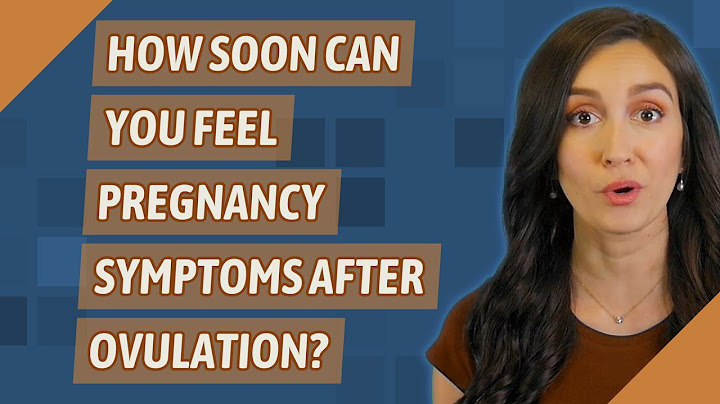You may have heard that ovulation tests can be used to test for pregnancy. In this guide, we’ll walk through the somewhat complicated answer.By Dr. Kenosha GleatonThis isn’t a straightforward answer, so let’s talk through some of the considerations and variables.Can ovulation tests detect the pregnancy hormone, HCG? Show
|

Related Posts
Advertising
LATEST NEWS
Advertising
Populer
Advertising
About

Copyright © 2024 membukakan Inc.



















